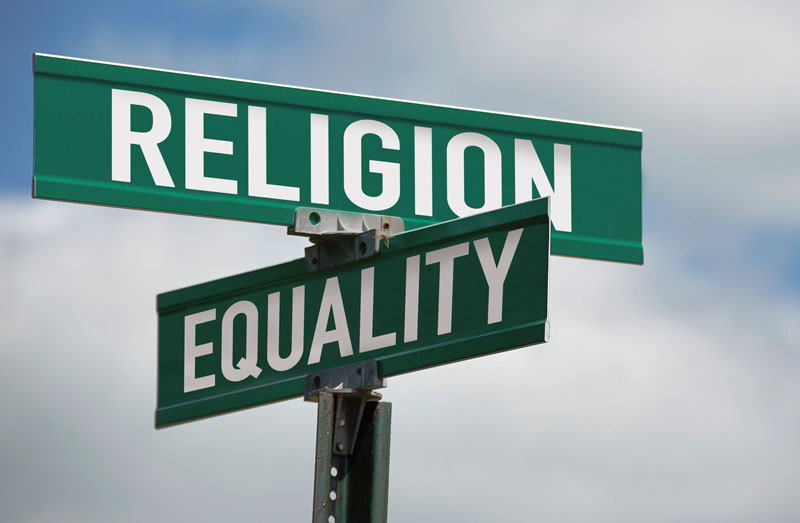Drawing the Line: Tackling Tensions between Religious Freedom and Equality
On 23 May 2015 Ireland became the first country in the world to introduce legal marriage for same-sex couples by popular vote. After 62% of Irish voters voted in favour, Prime Minister Enda Kenny declared: “With today’s vote we have disclosed who we are. We are a generous, compassionate, bold and joyful people who say yes to inclusion, yes to generosity, yes to love, yes to gay marriage.”
Cardinal Pietro Parolin, the Vatican’s Secretary of State, described the very same result as “[not just] a defeat for Christian principles, but … a defeat for humanity.”
As organizations working to defend civil liberties and fundamental human rights across five continents, members of INCLO are committed to upholding freedom of religion and conscience as a fundamental human right to be valued, defended and protected. At the same time, we are engaged in, and supportive of, efforts to advance equal treatment for groups that have long been oppressed, including lesbian, gay, bisexual and transgender people, women, and racial and religious minorities.
Throughout history, religious belief has often been a wellspring of motivation and inspiration for those seeking to advance justice and equality. It has also been a source of conflict. As illustrated by the stark contrast between the different responses to the Irish referendum result highlighted above, these conflicts can reveal a chasm between competing views. A referendum result that we, as INCLO members, view as an entirely necessary and long overdue step towards equality is experienced by others as a source of real grief and concern.
Access the complete report here.
